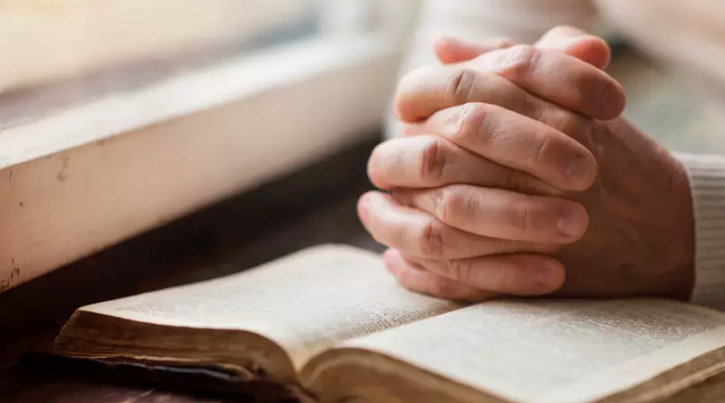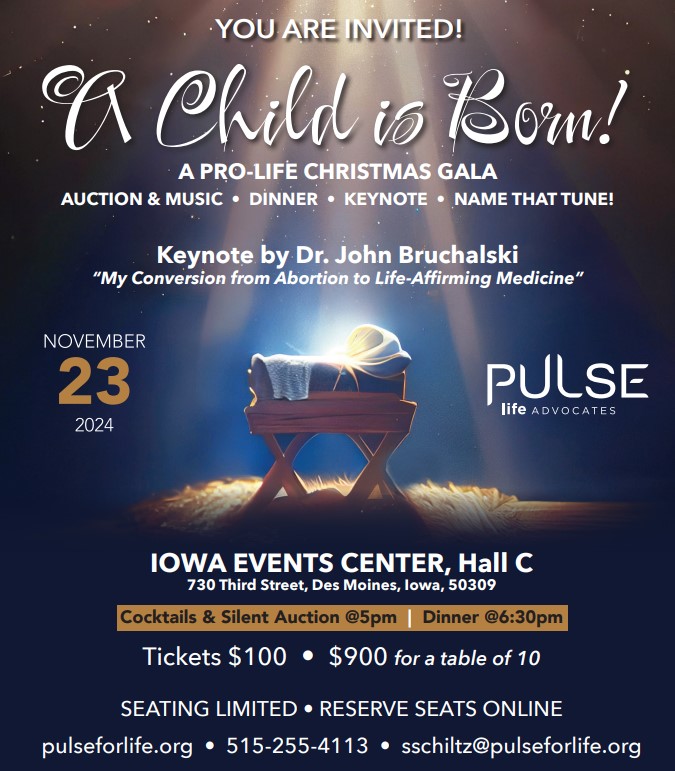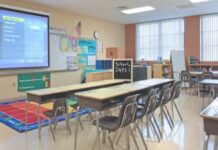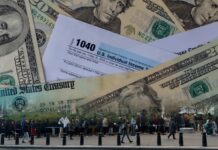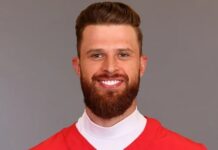Attorneys with First Liberty Institute and the law firms Boies Schiller Flexner LLP, Winston and Strawn, LLP, and Jones Day filed an appeal with the U.S. Court of Appeals for the Eleventh Circuit on behalf of Cambridge Christian School (“CCS”) asking the court to reverse a decision by the U.S. District Court for the Middle District of Florida that allowed the Florida High School Athletic Association (“FHSAA”) to prohibit two Christian schools from praying over the loudspeaker prior to a state championship game.
You can read the brief here.
“The Constitution protects the best of our traditions, like prayer before a sporting event, from censorship,” said Jeremy Dys, Senior Counsel for First Liberty Institute. “In the name of the First amendment, the FHSAA would have us ignore it. Rather than respect the First Amendment’s double protection for religious expression, the lower court would have us silence it. We hope the Eleventh Circuit will correct the lower court’s decision by reminding us all that the Constitution protects religious speech, even when it occurs on government property.”
Jesse Panuccio, attorney with Boies Schiller Flexner LLP added, “The Supreme Court has repeatedly held that the state cannot discriminate against religion by feigning concern that accommodation equals endorsement of religion. The FHSAA has forced Cambridge Christian to fight for seven years to vindicate its constitutional rights. On appeal, we believe the school, and the Constitution, will prevail.”
In 2015, the Florida High School Athletic Association forbade First Liberty Institute client Cambridge Christian School from praying over the loudspeaker at the Citrus Bowl ahead of the state championship football game. The FHSAA suggested that because the stadium was city-owned and the FHSAA is a state agency, it would violate the Establishment Clause of the Constitution to allow two private Christian schools to pray over the public address system for less than a minute.
Today’s brief states, “Kennedy. Carson. Shurtleff. Fulton. Espinoza. Masterpiece Cakeshop. Trinity Lutheran. In recent years, the Supreme Court has emphatically reaffirmed that the government may not discriminate against religious practice and speech, and that a ‘government entity’s concerns about phantom constitutional violations’ do not ‘justify actual violations of an individual’s First Amendment rights.’ Yet the Florida High School Athletic Association (FHSAA), a state actor, continues to defend a policy that impermissibly discriminates against the religious practices and expression of its member schools. Specifically, in 2015, FHSAA reversed its prior position and announced that when two religious schools play in the state championship football game, they are prohibited from using the stadium loudspeaker for pre-game prayer (the “Prayer Ban”). FHSAA offered only one reason for this ban: prayer over the loudspeaker could be ‘viewed as [FHSAA] endorsing or sponsoring religion.’ That rationale is eviscerated by the aforementioned cases, which explain that the Establishment Clause is a complement to, not a restriction on, free exercise.”


